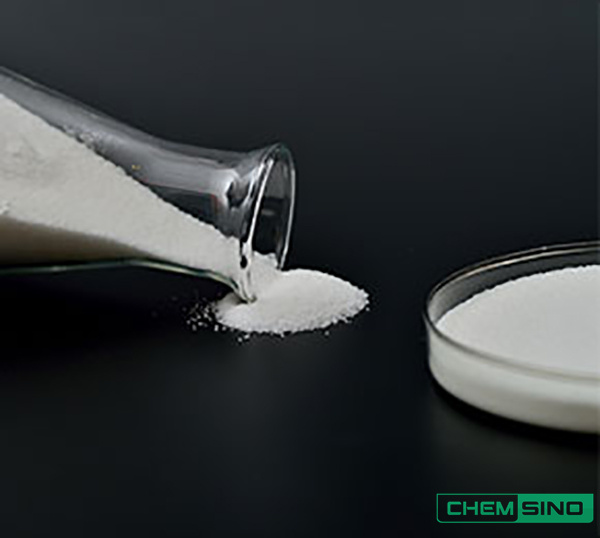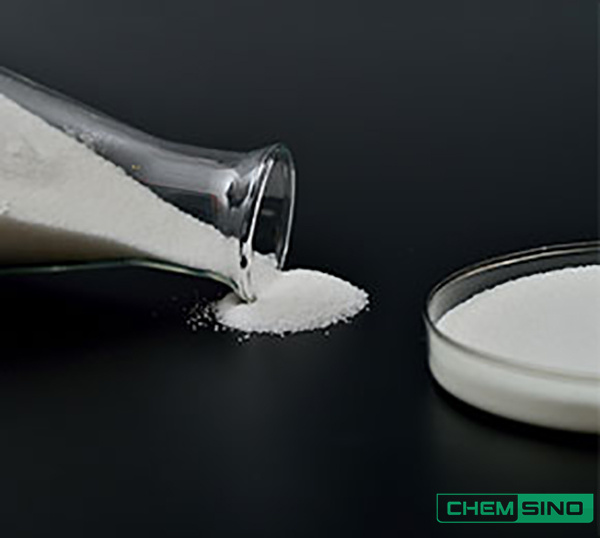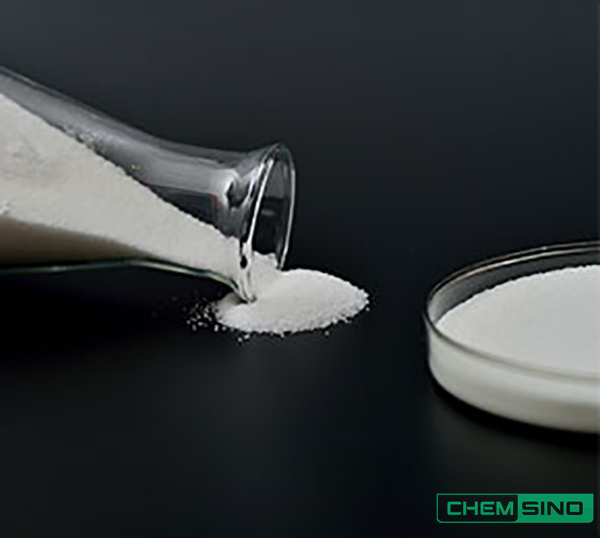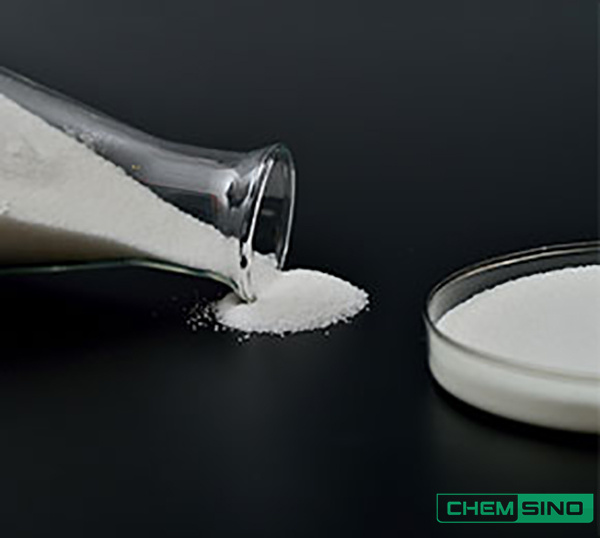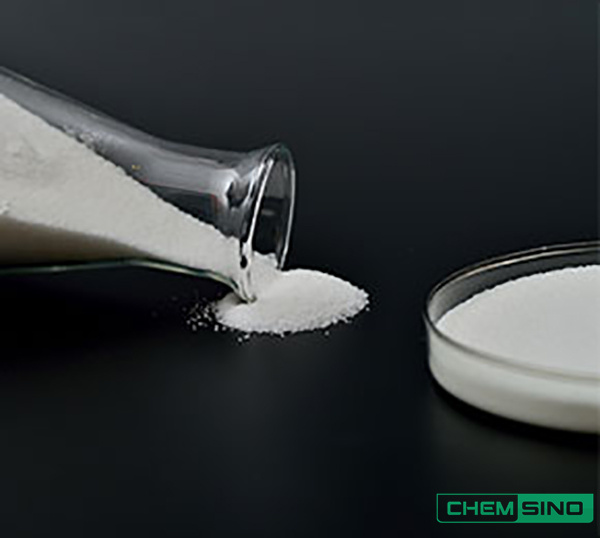Home » Baking enzymes » Glucose Oxidase
Glucose Oxidase
Glucose oxidase (God) is an important industrial enzyme in food industry. It is widely used in deoxidation of wine, beer, juice and milk powder, flour improvement and prevention of food browning
Get Free Quote
Previous:
Maltogenic amylase
Next:
Fungal-hemicellulase
Content
Glucose oxidase is a green food-grade biological enzyme preparation obtained through the fermentation of a specific Aspergillus niger fungus strain using advanced purification technology. The product is non-toxic and has no side effects, and can remove dissolved oxygen in food, play a role in preservation, color protection, browning prevention, vitamin C protection, and food shelf life.
Glucose oxidase usually forms an oxidoreductase system with catalase. In the absence of catalase, gluconic acid and hydrogen peroxide are produced; in the presence of catalase, gluconic acid is produced; in the presence of ethanol and catalase, gluconic acid, acetaldehyde and water are produced. The enzymatic reaction of glucose oxidase is not greatly affected by the concentration of the substrate. When the concentration of glucose is between 5% and 20%, the reaction speed is almost unchanged. By optical rotation determination, the initial product of the GOD reaction is 6-gluconolactone, which is spontaneously hydrolyzed to gluconic acid in a non-enzymatic reaction. The optimum temperature is 30~50~C, and the optimum pH is 5.6~6.5. The temperature can be catalyzed in the range of 20~70℃, with good stability.
Inquiry
More Baking enzymes

